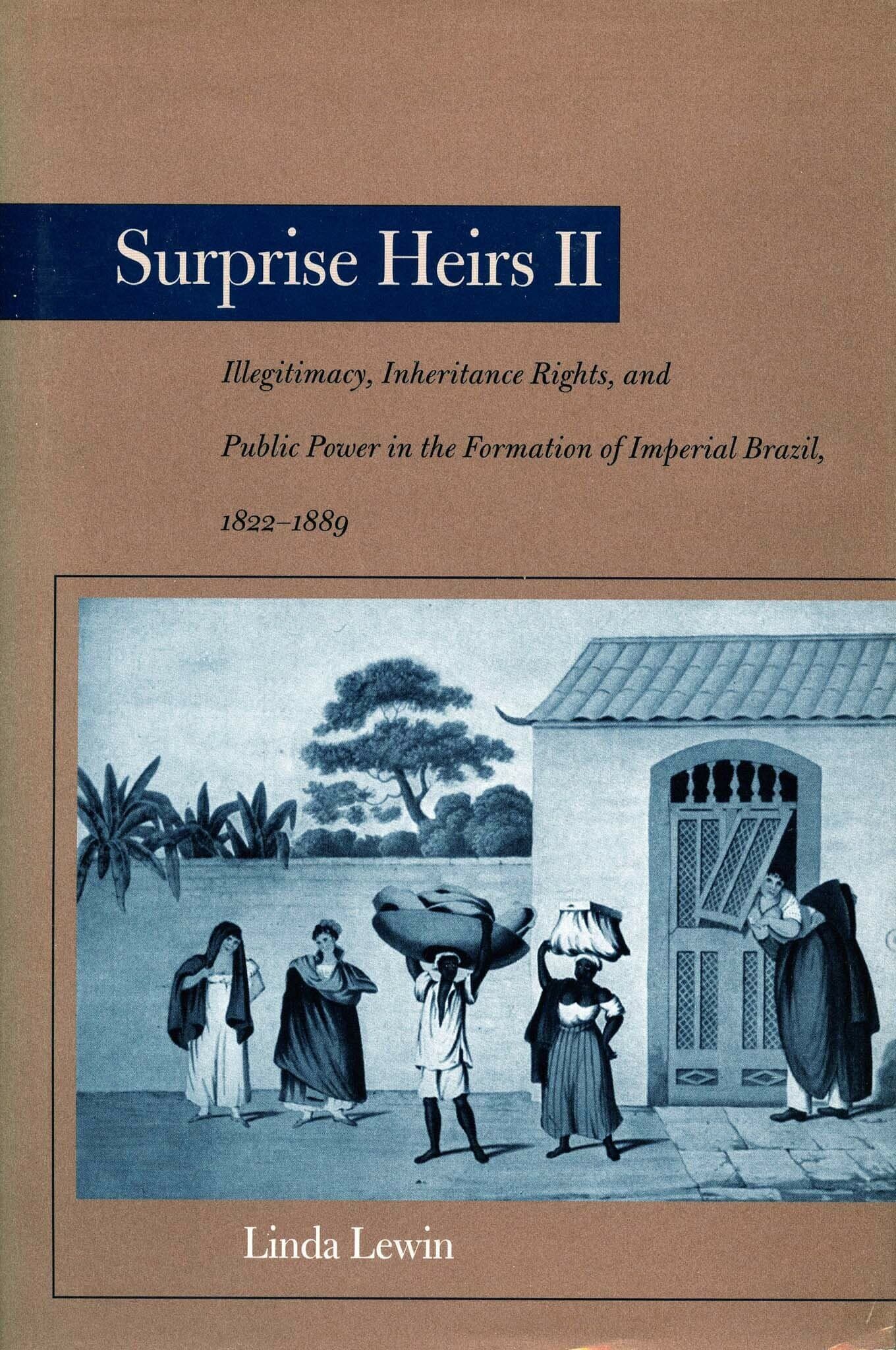Days of National Festivity in Rio de Janeiro, Brazil, 1823–1889
Award Winner
2014: Warren Dean Memorial Prize
Winner of the 2014 Warren Dean Memorial Prize, sponsored by the Conference on Latin American History.

Official and popular celebrations marked the Brazilian empire's days of national festivity, and these civic rituals were the occasion for often intense debate about the imperial regime. Hendrik Kraay explores the patterns of commemoration in the capital of Rio de Janeiro, the meanings of the principal institutions of the constitutional monarchy established in 1822–24 (which were celebrated on days of national festivity), and the challenges to the imperial regime that took place during the festivities. While officialdom and the narrow elite sought to control civic rituals, the urban lower classes took an active part in them, although their popular festivities were not always welcomed by the elite. Days of National Festivity is the first book to provide a systematic analysis of civic ritual in a Latin American country over a long period of time—and in doing so, it offers new perspectives on the Brazilian empire, elite and popular politics, and urban culture.
"With a peerless level of primary-source research and an impressive synthesis of secondary material, this is a very significant work on the cultural and political history of Brazil. It should force others to rethink aspects of the political history and to delve deeper into aspects of the cultural history of the period."—Jeffrey D. Needell, University of Florida
"This book is a massively researched, pioneering work on civic ritual in 19th-century Brazil. It is in line with some of the best recent research on nation-building and state-building in Brazil and other areas in Latin America."—B. J. Barickman, University of Arizona
"Kraay, in his intricate descriptions of the public and private ways in which the days of national festivity were lived over a long period of time...sheds light on how modernization reached many different sectors of society."—Natalia Sobrevilla Perea, Latin American Research Review




